Swiss to drop 30-year-old murder case of Iranian opposition leader
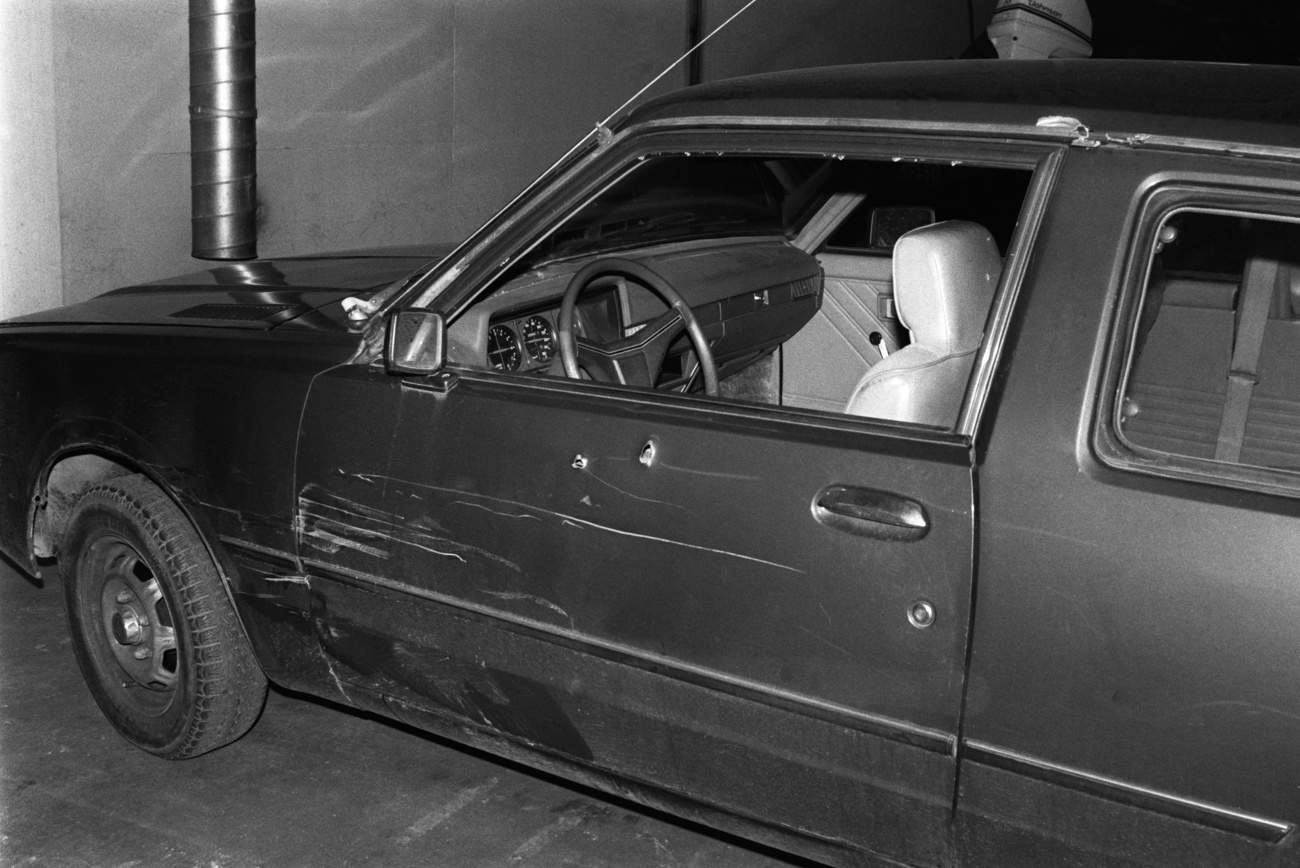
The Swiss justice system is about to close the investigation into 14 people for their role in the death of Kazem Rajavi, who was murdered in Switzerland in 1990, and whose case is time-barred.
Kazem Rajavi, then representative of the opposition National Council of Resistance of Iran (NCRI) in Switzerland, was gunned down in broad daylight by several agents of Iran’s Ministry of Intelligence and Security (MOIS) on April 24, 1990 as he was driving to his home in Coppet, a village near Geneva.
The renowned human rights advocate had been granted political asylum in Switzerland in 1981.
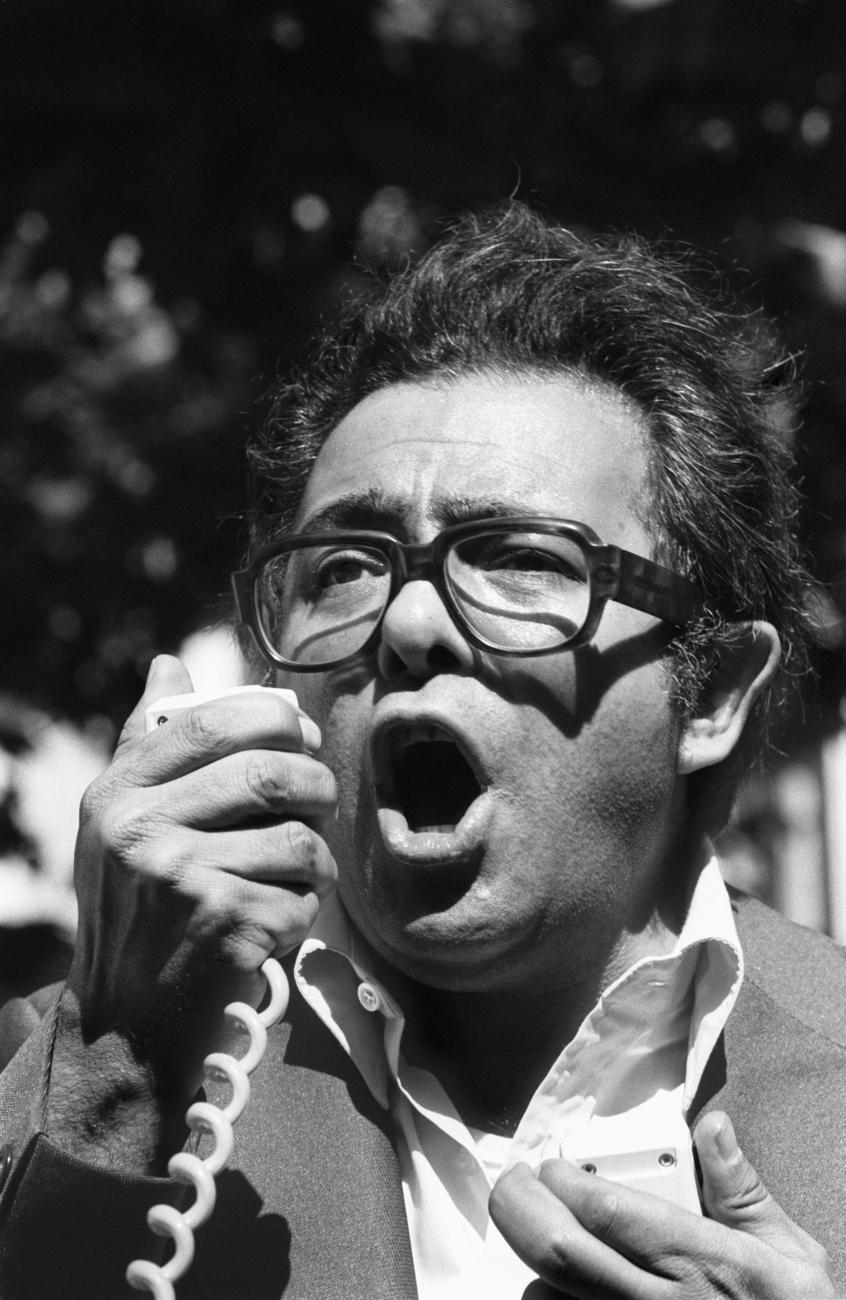
In a letter sent to the lawyer of Rajavi’s family, dated May 29 and seen by news agency AFP, the public prosecutor’s office of canton Vaud announced that the investigation would soon be dropped and the case closed.
The letter states that “the criminal investigation must be closed because the statute of limitations has been reached”. It also asks that any requests or comments be filed by June 17.
The NCRI expressed its indignation after the announcement. “The Iranian Resistance strongly protests and condemns the closing of the file on the assassination of Professor Kazem Rajavi,” it said in a statement.
Rather than close the case, “international arrest warrants should be issued against those who ordered and perpetrated this terrorist murder”.
Kazem Rajavi was Iran’s first ambassador to the United Nations headquarters in Geneva following the 1979 Islamic Revolution.
Shortly after his appointment, he resigned in protest against the “repressive policies and terrorist activities of the ruling clerics in Iran”. He then intensified his campaign against mass executions, arbitrary arrests and torture carried out by Iran’s theocratic leadership.
Kazem was the brother of Massoud Rajavi, the leader of the People’s Mujahedin, the main armed opposition group to the Islamic regime. At the time of his assassination, Kazem Rajavi was the representative in Switzerland of the National Council of Resistance of Iran (NCRI), the movement’s political wing.
After his death, Swiss suspicions were focused on Iranian diplomats who had quickly left the country after the assassination, and the Swiss judiciary had drawn up a list of 13 Iranians suspected of having actively participated in the assassination.
In 2006, Switzerland also issued an international arrest warrant for the former Iranian Intelligence Minister Ali Fallahian on suspicion of having ordered the assassination of the Iranian opponent.
Two of the hitmen were later discovered in France and arrested by French police. But despite a warrant for their arrest by the Swiss authorities, the French government put them on a direct flight to Tehran “for reasons of the state”. This drew international condemnation, including from the United States.
The Iranian authorities have always denied any involvement in the attack.
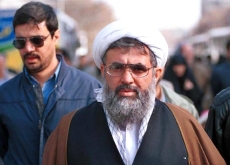
More
Swiss orders arrest of Iranian ex-minister
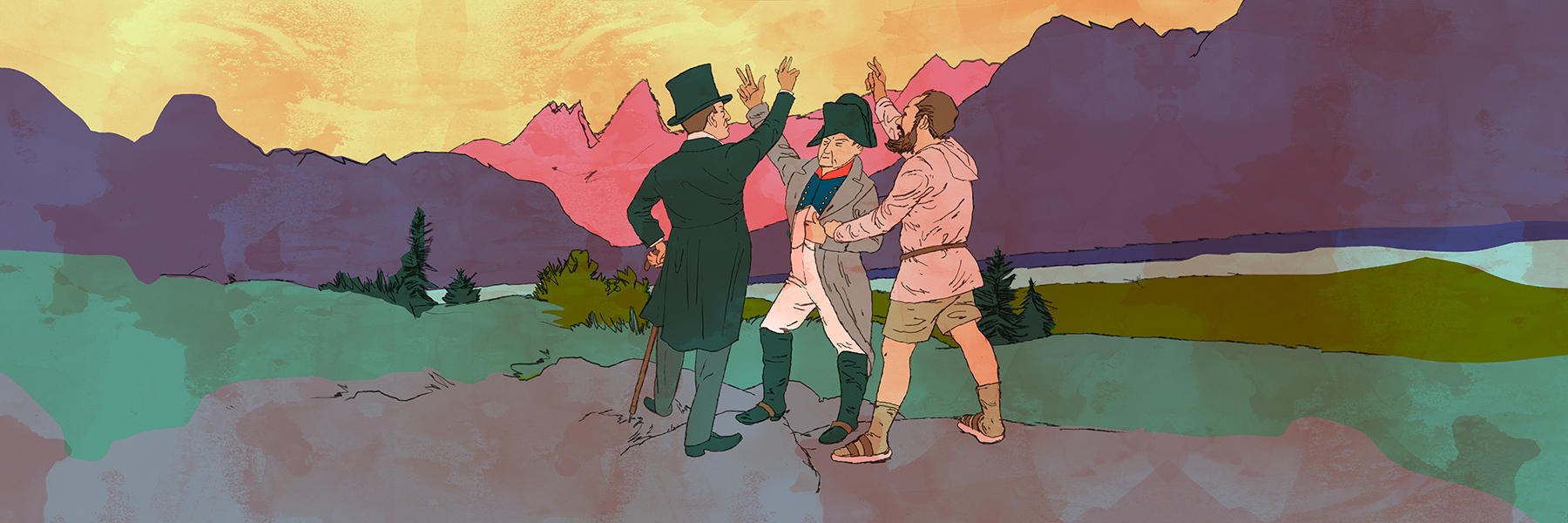
More
How Switzerland became Switzerland: the main chapters of the country’s history up to 1848

In compliance with the JTI standards
More: SWI swissinfo.ch certified by the Journalism Trust Initiative


















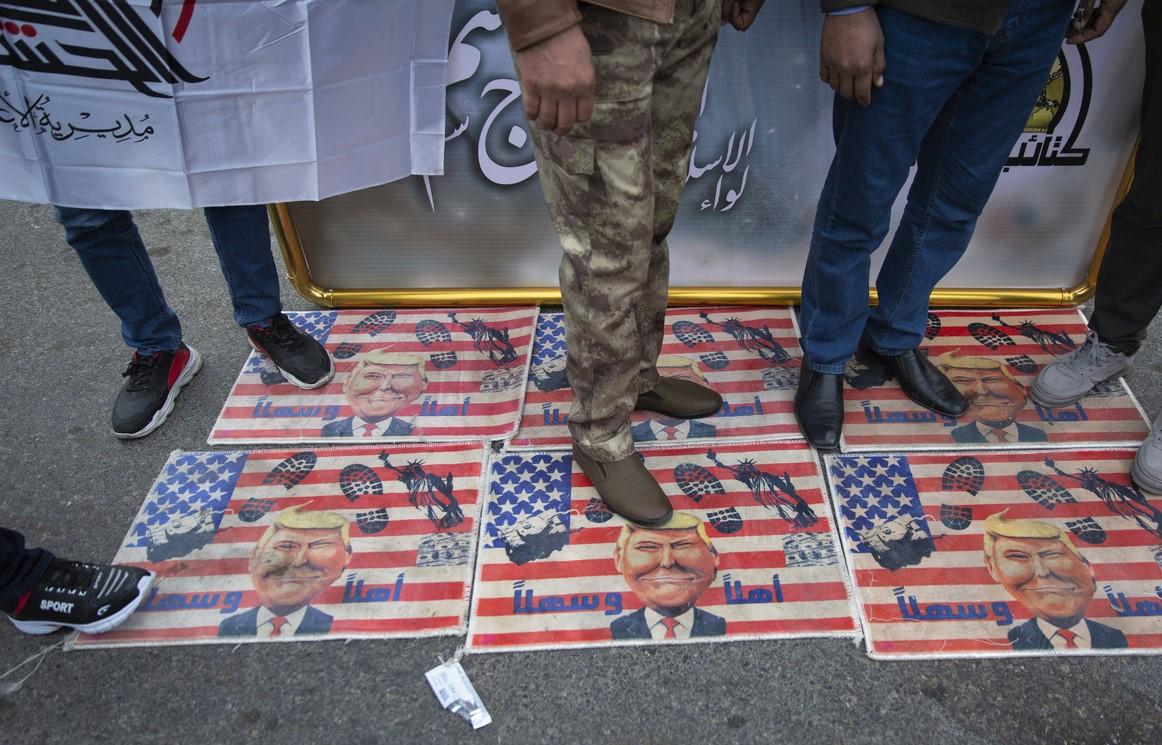


You can find an overview of ongoing debates with our journalists here . Please join us!
If you want to start a conversation about a topic raised in this article or want to report factual errors, email us at english@swissinfo.ch.